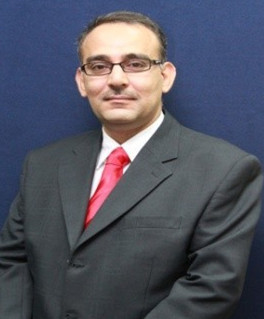Abstract—Widespread uptake of decentralized energy
production has the potential to reduce carbon emissions whilst
making the energy market more affordable, sustainable and
robust. The application of micro-CHP systems in the domestic
market has the potential to alleviate pressure on the national
grid by displacing electrical and heating demands, and also
through the export of excess electricity. Initial market support
for this has been shown by the UK’s Feed-in-tariff scheme
which is currently incentivizing efficient micro-CHP systems
(<2kW) by providing a financial return for every unit of
electrical energy produced and further reward for every unit
exported to the grid. It is the aim of this research to attempt to
identify those m-CHP systems available on the market and to
quantify the expected benefits in terms of cost, CO2 savings and
overall energy efficiency when feeding a typical domestic
property in the UK.In an attempt to maximize financial income
from the FIT scheme an operating strategy of constant supply,
at the maximum rated output, is compared against the
conventional heat led approach most often used in CHP
applications. Overall results indicate that the heat-to-power
ratio for a given m-CHP has a direct impact on all of the
performance factors being measured and also determines the
preferred operating strategy that should be followed.
Index Terms—Distributed generation, energy efficiency,
feed-in-tariff, m-CHP.
T. S. Doyle and Z. Dehouche are with the School of Engineering and
Design at Brunel University, Uxbridge, Middlesex, UK (e-mail:
tygue.doyle@brunel.ac.uk; zahir.dehouche@brunel .ac.uk).
A. Harris and I. Rizos are with BDSP Partnership, Paddington, London,
UK.
[PDF]
Cite:T. S. Doyle, Z. Dehouche, A. Harries, and I. Rizos, "Financial, Environmental and Energy Analysis of Various
Micro-CHP Systems within the UK Domestic Market," Journal of Clean Energy Technologies vol. 1, no. 2, pp. 96-100, 2013.


